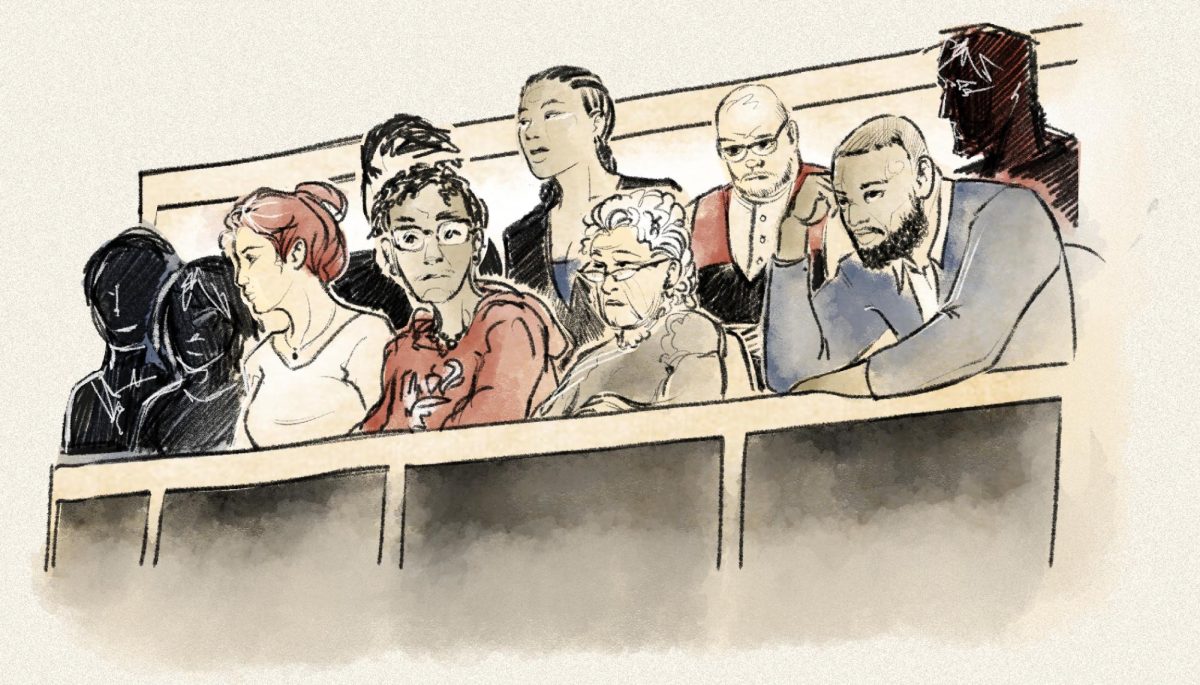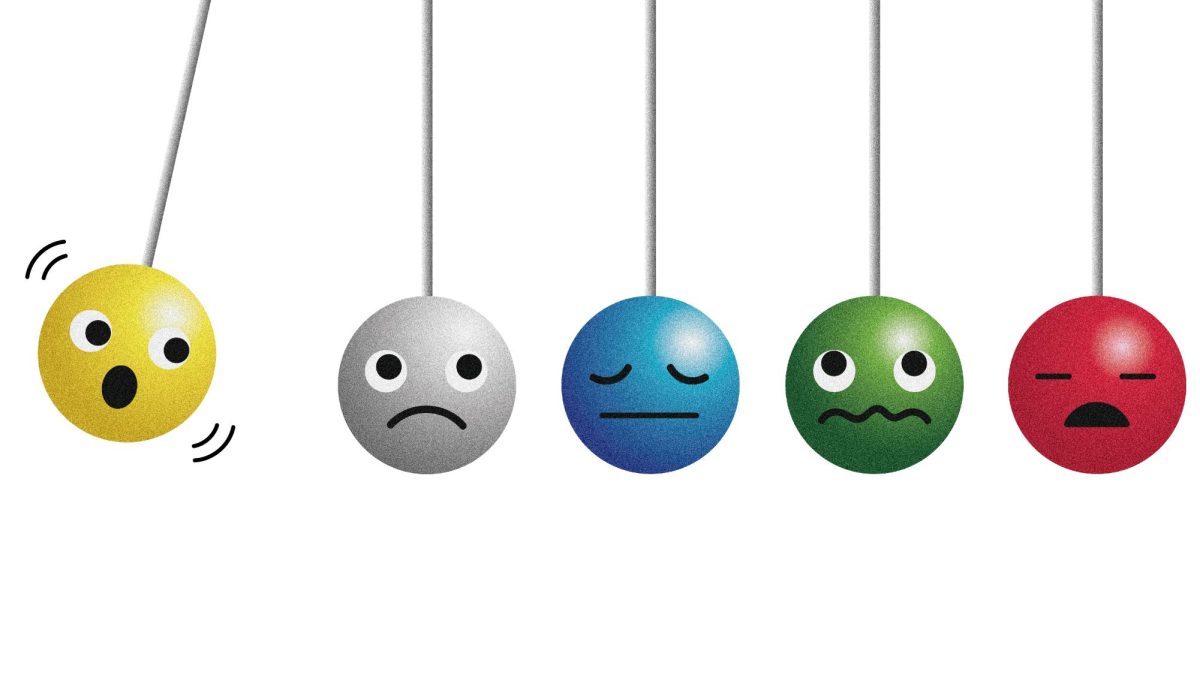In our age of true crime and cold case documentaries, our serial killer deep dives and video essays, it seems the American public is more drawn towards the dark, gritty court cases of TV than ever.
True crime cases go viral on social media, ex-convicts have become celebrities, and the effects of this dark fascination are displayed in our movies, TV shows, books, and all over the news. Of the adults in the United States that have consumed podcasts in the past year, 34% of them regularly listen to true crime content, states the Pew Research Center.
Where is the disconnect between the morbid fascination and when we’re actually called to take part in a real court case?
From “Sex and the City” to “Law & Order,” we’ve been watching some of the most iconic TV show characters dread jury duty for years. It’s generally announced with a sigh, “I’ve been summoned for jury duty.”
It’s been portrayed historically as some dreary, unavoidable obligation that every adult must face at some point in their life, but what’s the point of it? What are the qualifications? What is jury duty?
Jury duty is the obligatory action of appearing in court as a juror, an individual who listens in to a court case and votes with a group of other preselected jurors on the verdicts of the trial.
“The jury evaluates the evidence, determines how reliable it is and decides what to believe. The jury decides what the facts are and then applies those facts to the law,” the Oregon Juror Guide states.
Not everyone ends up being selected to sit in the jury box, though.
Todd Sprague, of the Oregon Judicial Department, said in an email that as a U.S. citizen, you are eligible to serve if you are at least 18 years old, live in the county that summoned you to serve, have not served as a juror in state or federal court in Oregon within the last 24 months, and have had your rights and privileges restored after they were previously withdrawn.
Jury duty is a fundamental part of the American justice system. The right to trial by jury has ancient, historical roots, from ancient Egyptians, Romans, and even some early Germanic tribes, Sprague wrote.
This ancient tradition is held in order to protect the rights of people under the law and create justice. It has been kept in place in order to prevent unjust trials and to stop the government from having a heavier hand in the prosecution of the court.
Although the names are randomly selected and it is expected for the jurors to attend the trial and take part in the jury, there are reasons to be absent. In Oregon, there is an online file that can be filled out to be excused from jury duty.
Real life can be hectic, it can be impossible to miss work for financial reasons or someone might have a dependent at home they need to take care of. These are all legitimate excuses.
Raven Watts, a third year math and creative writing major, received jury summons in January 2024, and didn’t see the letter they sent until after spring break.
“I called the county courthouse three times over the course of three days when they said they were open, and it went straight to voicemail,” Watts said. They never reached back out to her.
After determining one can’t make it to the courthouse, they should fill out and turn in the appropriate file. If it is accepted, there are no consequences to missing jury duty.
If an individual decides to attend jury duty instead of going to work, their job is legally protected. They cannot be fired or have any negative repercussions for deciding to attend jury duty, according to the official Oregon governmental website.
Even though we enjoy our cold cases and Netflix crime documentaries, taking part in a case with serious consequences can be a distressing thing.
“I feel as if I wouldn’t be able to give my two-cents on (an intense case),” Watts said.
Feeling responsible for the punishment sentenced for a serious crime could be a deterrent, especially for younger jurors, regardless of their interests in true crime.
Despite the fact that we love to watch it on TV and social media, the thought of being personally responsible for coming to a conclusion in a real court case can be intimidating. It isn’t always a humorous event, as it’s portrayed in sitcoms and dramatized TV.
Real people are involved that we can empathize with, that bring up one’s own traumatic experiences. This may be where the disconnect lies between our feelings towards jury duty and what we choose to watch in our free time.







